Could a nettle a day keep the doctor away?
Nettles are known for their sting, but research by Dr Diana Obanda at the University of Maryland in the US suggests that eating them could strengthen our gut and protect us from obesity.
TALK LIKE A NUTRITION AND FOOD SCIENTIST
Calorie — a unit used to describe the amount of energy available in food
Foraging — collecting food that has grown naturally instead of being farmed
Genus — a group of animals, plants or organisms that share common attributes in a larger biological group
Gut microbiome — the community of bacteria, fungi and viruses living in your digestive system
Immune system — the cells and organs that defend our body from infection
Pathogen — a microorganism that can cause disease
Symbiosis — two or more distinct organisms living together for the benefit of each
Urtica dioica — scientific name for the common stinging nettle
When out for a walk in summer, nettles are little more than a nuisance, their sharply serrated leaves warning you to steer clear of their venomous hairs and hardly inviting the thought of putting them in your mouth. Yet they are edible, and indeed are eaten in many cultures around the world. So, what is it about nettles that makes it worth getting past the stings?
Dr Diana Obanda, Assistant Professor in Nutrition and Food Science, is on the case. Her team at the University of Maryland is using mice and cultured cells to try to understand how Urtica dioica contributes to a healthy diet. The evidence is pointing at nettles’ ability to protect us from obesity and diseases associated with it, which they do by impacting the bacteria in our gut microbiome.
Are bacteria all that bad?
In a world full of antibacterial cleaning products, it is easy to forget that bacteria are not our enemies. Although some do cause disease, there are trillions of bacteria from around a thousand species in your gut right now, doing no harm at all. In fact, you are living in symbiosis with these bacteria: while they thrive in the conditions of your gut, they perform important tasks for you in return.
Gut bacteria help us get the nutrients we need from our food. They do this by breaking down complex chemicals and even creating new ones, such as vitamin K2, which is needed by the body for blood clotting. As a result, these ‘good bacteria’ contribute to a healthy immune system and help keep us safe from disease.
How can we look after our gut?
In the same way an ecosystem is strongest when it has high biodiversity, the gut biome works best when it contains a wide range of bacteria species. “A diverse microbiome functions better than one with only a few types of bacteria,” says Diana, “because if one microbe is unable to fulfil its function, another is available to cover that function.”
Exercising and eating a varied diet are the best ways of keeping our gut bacteria happy. On the flip side, eating too much fat or sugar can lead to an unbalanced microbiome. “A high-fat and high-sugar diet bacteria in a negative way, increases inflammation in the intestine and impairs the protective gut barrier,” warns Diana. Some scientists suspect that this can lead to obesity, heart disease, diabetes and even some types of cancer. This is why Diana is keen to investigate whether eating nettles could help keep gut bacteria in good shape.
Do people really eat nettles?
It is unlikely you have ever seen a nettle farm or nettles on the shelves of a supermarket. This is not because nobody eats them, but because they are mostly foraged from the wild. Nettles are traditionally eaten in soups or as cooked greens in countries spanning the globe including Mexico, Spain, Turkey, China and Nepal. In North America, they are increasingly being eaten by hobby foragers, who often view it as a medicinal food.
“The stinging nettle is a poster child for healthy food,” says Diana. This has led to the development of dietary supplements containing some of the chemicals from the plant, which are marketed as treatments for allergies, joint pain and several diseases. However, Diana thinks that there could be more benefits from eating the whole plant as a food. This way, you would ensure you get all of the protein, fibre, vitamins and minerals that the nettle contains. To test this in the lab, Diana and her team have been researching how the inclusion of nettles affects the gut microbiome and overall health of mice.
Reference
https://doi.org/10.33424/FUTURUM372
What happens when mice eat nettles?
Diana’s first experiments involved 36 mice, which were split into four groups of nine and given different diets over a 12-week period. The first group was fed a low-fat diet, the second group was given a high-fat diet, while a third received the high-fat diet plus Urtica dioica. The final nine mice were fed the high-fat diet for six weeks, and had Urtica dioica introduced for the second six weeks. All the diets were controlled to make sure they had exactly the same number of calories, overall.
As expected, the mice on high-fat diets put on more weight than those on the low-fat diet. However, the mice who were fed nettles did not gain as much weight – even those who were only given nettles for six weeks. To find out why this might be, Diana and her students investigated the gut biomes of the 36 mice by looking at the DNA of bacteria in their intestines. It turned out that mice who were eating nettles had a more diverse gut microbiome. In particular, they noticed an increase in a group of bacteria called Clostridium. “Not much is known about the benefits of this genus,” says Diana, “because it contains some well-known life-threatening pathogens, but in reality Clostridium also includes a lot of beneficial species, and eating nettles increases these species.”
Should we start eating nettles?
Although her study is still ongoing, Diana is sure that eating nettles is good for human health through its effects on the gut microbiome. Furthermore, research using cultured cells shows that nettles have positive effects that are independent of the gut microbiome. In particular, Diana hopes that eating nettles could reduce the risk of obesity, as it did in her experiments with mice. “Given the heavy burden of obesity on the healthcare system, this would have huge public health implications,” she says. This impact could be global, given that nettles grow well in many climates.
Diana’s results could lead to clinical studies in humans, which would confirm exactly what nettles can do for us. But in the meantime, there is certainly no harm in giving them a try – just remember a good pair of gloves for picking nettles to make sure you do not get stung. Once boiled or cooked, the sting is eliminated!
 Dr Diana Obanda
Dr Diana Obanda
Assistant Professor
College of Agriculture and Natural Resources, University of Maryland, USA
Field of research: Nutrition and Food Science
Research project: Investigating the health benefits of eating nettles
Funders: United States Department of Agriculture-National Institute of Food and Agriculture (USDA-NIFA), Maryland Agricultural Experiment Station (MAES)
ABOUT NUTRITION AND FOOD SCIENCE
“A career in nutrition science provides the opportunity to influence the health and well-being of individuals and entire communities,” says Diana. “Having knowledge about food and nutrition can land you in a variety of work settings, including laboratories, hospitals, schools and food companies.”
Nutrition and food science researchers try to understand how what we eat affects our health. This typically involves studying certain foods, often called functional foods or nutraceuticals, that are known to have health benefits. Many fruits, vegetables, nuts, legumes and grains are considered functional foods due to their high nutrient density. “Being full of nutrients and linked to a wide range of health benefits, the stinging nettle is definitely an example of a functional food,” says Diana.
The scientific study of functional foods is a relatively new field, with Japan being the first country where the promotion of functional foods was actively pursued to improve population health in the 1980s. These days, as populations consume more calories from excess sugar and fat, obesity is on the rise, making knowledge of and careers in nutrition and food science important worldwide and a rapidly growing field.
Pathway from school to nutrition science
• Nutrition science programmes at university focus on the chemical and biological components of our food and the ways in which these ingredients affect our health.
• To prepare for these programmes, take chemical and biological components of our food and the ways in which these ingredients affect our health.
• To prepare for these programmes, take chemistry and biology at school. Mathematics is also be important for calculating statistics.
• Food science also includes the social impacts of food, including how it affects our economy, psychology and culture, so taking social science subjects at school can be useful.
Explore careers in nutrition science
• According to the US Bureau of Labor Statistics, the job opportunities for nutritionists rose by 21% between 2012 and 2022, much higher than the average for all occupations.
• Find out more about different nutrition jobs, requirements and wages in the USA at www.nutritioned.org/careers
• Learn how dieticians in the UK apply nutrition science to help patients on a daily basis:
www.healthcareers.nhs.uk/explore-roles/allied-healthprofessionals/roles-allied-health-professions/dietitian
Meet Diana
You have a master’s in environmental science from Louisiana State University. Why did you change your focus to nutrition and food science?
While in high school, I wanted to be a medical doctor. However, I did not get into medical school and pursued a career as an environmental scientist instead. As an environmental scientist, I studied the chemistry of natural plant compounds and how they can be applied in preserving timber used in buildings against insects like termites.
In the back on my mind, I always wanted to know how these compounds could be applied in a health setting. Even though I did not get into medical school, I still desired to be involved in research to improve human health. With my experience working with plant extracts, I applied for a National Institute of Health- (NIH-) funded postdoctoral training position at Pennington Biomedical Research Center.
I worked on a project focusing on improving insulin sensitivity in skeletal muscle cells. This experience enabled me to apply for further research funding in the broad area of plant phytochemicals and their applications in human health.
How did where you grew up influence your career choice?
Growing up in a small rural town taught me several lessons for which I am still grateful. As an adult, I moved to a big city for college and work. Although sometimes it may feel like you’re running to catch up with the hustle and bustle of big city life, kids from rural areas and small towns understand that patience is a virtue.
Going too fast can lead you to miss out on many simple pleasures in life. Research requires patience and attention to detail, and taking time to get to know and interact with those around you a well as those you work with.
Growing up eating produce (vegetables and fruits) that we grew at home rather than purchasing them also helped me appreciate nature. We ate food from the land and prepared food from scratch, rather than eating processed foods, which contain too much sugar and are calorie dense.
What is the worst piece of advice you have been given?
‘If you do what you love, you will never work a day in your life; it will never feel like work.’ I think the right job may not be as hard as going to a job that you hate on a daily basis, but work is still work. You will not love some aspects of it even though you generally love your job, and that is life!
What is your philosophy that has helped drive you forward?
Every day I wake up and go to work, and I have a new job to do. So, my philosophy is to be better than yesterday.
Do you like cooking?
Yes, I cook a lot and only eat out once in a while. I am a ‘foodie’! I like to taste new foods from different cultures especially plant-based and fermented foods. My diet is very varied and I try to eat healthily by including a lot of plant-based protein sources in my diet, as I know those are what are most healthy for the gut microbiome.
Do you have a question for Diana ?
Write it in the comments box below and Diana will get back to you. (Remember, researchers are very busy people, so you may have to wait a few days.)

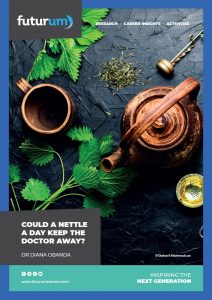
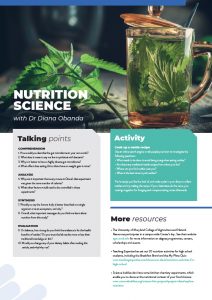
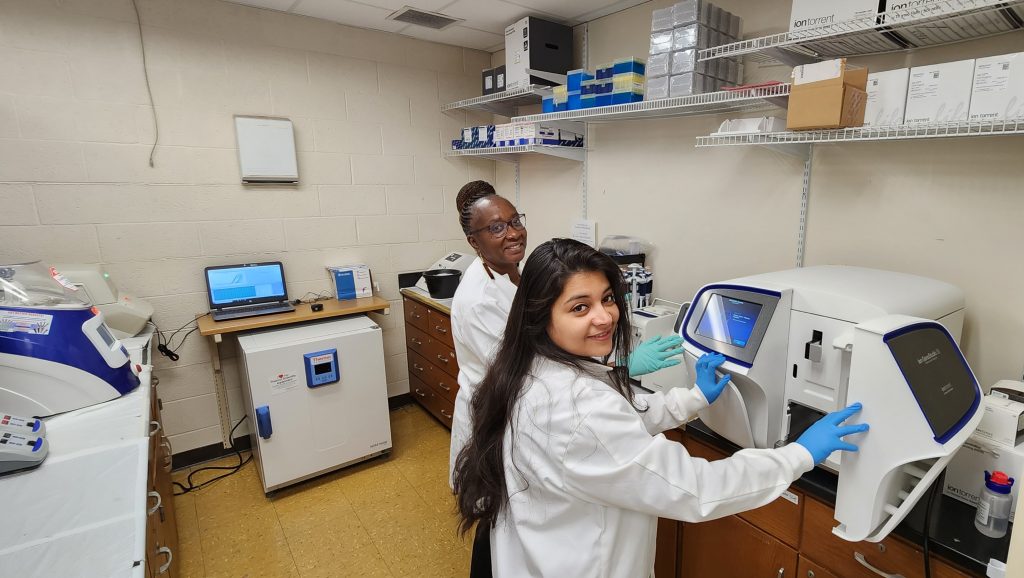
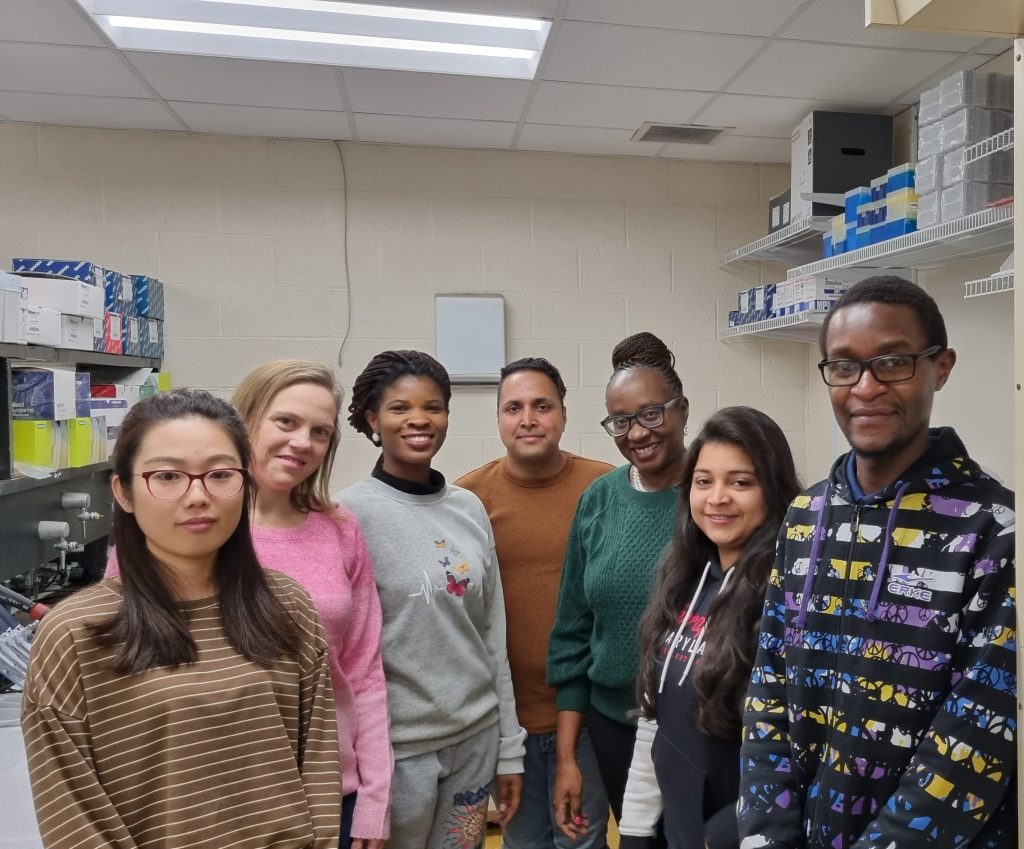
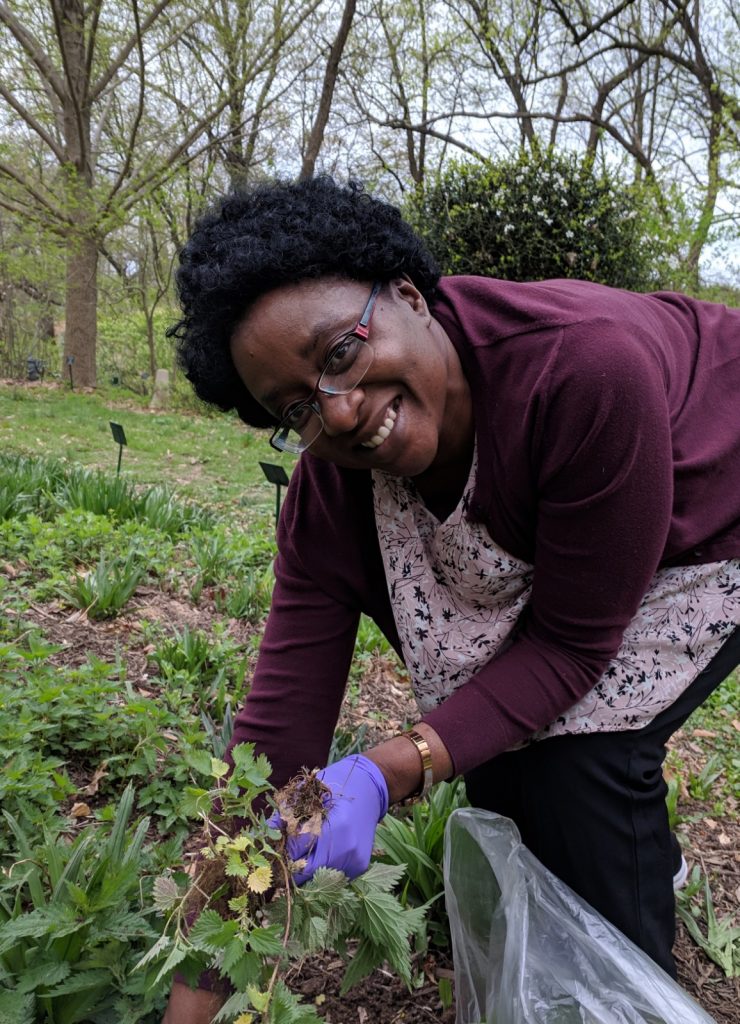
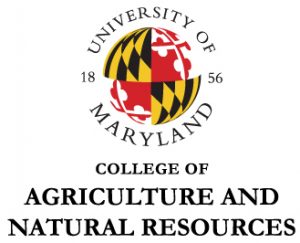
Diana, you are one smart lady! I greatly appreciate your comment regarding “The worst advice you’ve ever been given.” I worked extremely hard in multiple ways to be able to do what I love to do. And you couldn’t be more accurate, even though you love it, it still involves those hours, or days, or weeks that involve sheer gut-busting drudgery. As you aptly stated, “That is life!” Thank you for your research.